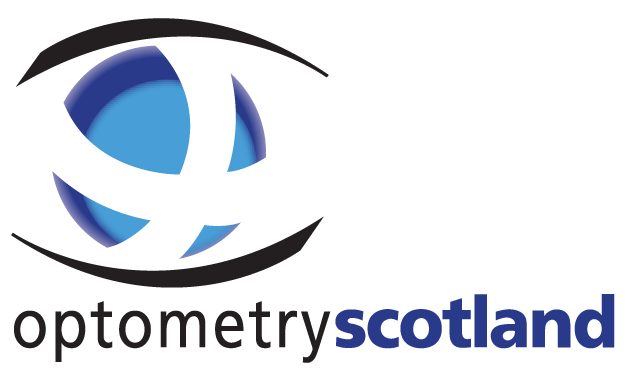The General Optical Council (GOC) is consulting on a draft position statement setting out that it will not enforce the requirement to verify a copy of a contact lens specification where a sale of prescription contact lenses is made under the general direction of a GOC registrant (or registered medical practitioner). The statement also provides a definition of aftercare following the sale of prescription contact lenses under general direction.
Section 27 of the Opticians Act 1989 (‘the Act’) specifies that in order to be supplied with prescription contact lenses, an individual must have an in-date contact lens specification which has been issued following a contact lens fitting. Where the original specification is not provided, and the sale is being made under the general direction of a GOC registrant or registered medical practitioner, the Act requires a copy of the specification to be verified with the person who provided it originally.
The draft statement says that it does not “consider that there is sufficient evidence of risk of harm to the public, or a wider public interest, in prosecuting sellers who do not verify a copy of an in-date contact lens specification provided that the copy of the specification is clear, does not contain any obvious errors and has not obviously been tampered with”, and that the requirement will not be enforced.
However, where an individual has not provided either the original or a copy of the original specification, the GOC will continue to expect sellers to verify the particulars of a contact lens specification in accordance with section 27(3)(iii) of the Act.
Section 27 of the Act also requires the seller to make arrangements for the buyer “to receive aftercare” but does not currently provide a definition of this. The draft statement defines aftercare as including:
- instructions and information on the inserting, wearing and removing of the contact lenses;
- instructions and information on the cleaning and storing of the contact lenses;
- signs or symptoms the patient should look out for;
- details of whom the patient should contact if they have problems with the contact lenses; and
- the importance of having regular contact lens check-ups.
The statement has been drafted following the GOC’s call for evidence on the Act which took place in 2022.
Steve Brooker, GOC Director of Regulatory Strategy, said: “We consulted on the need to verify a copy of a contact lens specification and define aftercare as part of our call for evidence.
Stakeholders told us that it is now commonplace for contact lens specifications to be provided as electronic copies - for example, a scan of an original document – which we believe should be accepted. What’s more, it can be difficult to verify a specification with the exact person who signed it which can create inefficiencies that are then passed on to patients as costs.
When it comes to aftercare, stakeholders told us it should include information for patients on how to wear and care for lenses, and advice on how to identify signs of infection or harm and what to do in this event. In drawing up this definition, we also reviewed guidance by the professional bodies and used elements that we consider are proportionate and would deliver appropriate public protection. We believe our definition provides sufficient detail to ensure the public is protected and so that it is clear what sellers of contact lenses are obliged to do to meet their legal obligations.
We are consulting as we are interested in stakeholders’ views to ensure that there are no unintended consequences of this statement or risks that cannot be mitigated against.”
The consultation will last for eight weeks, closing on 24 October 2023.
To read the draft position statement and take part in the consultation, visit the GOC Consultation Hub.
